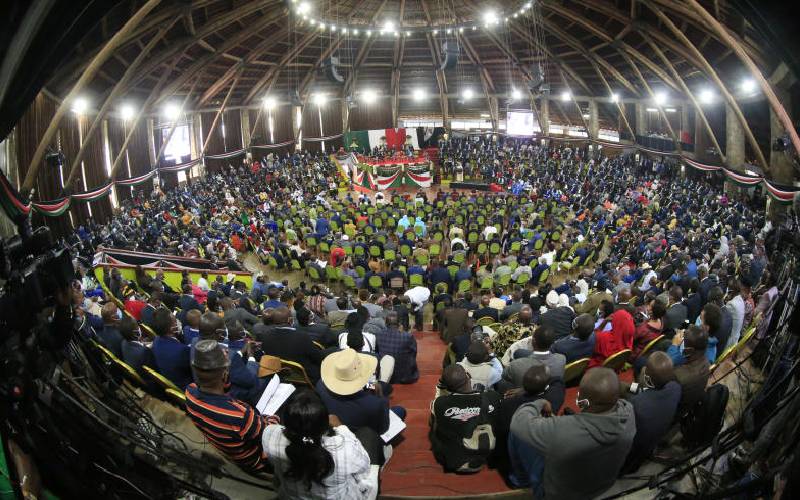×
The Standard e-Paper
Join Thousands Daily

Few locations in Kenya have special national importance as political grounds. These include Kamkunji, Ufungamano House, Bomas of Kenya and Chester House.
Before independence, Kamkunji was the place for 'natives' to hold political rallies. Ufungamano was associated with the 'second liberation' of the late 1980s and 1990s. Bomas shaped recent constitutional contestations as the unofficial headquarters for launching constitutional dreams. The latest is the second launching of the Building Bridges Initiative (BBI).